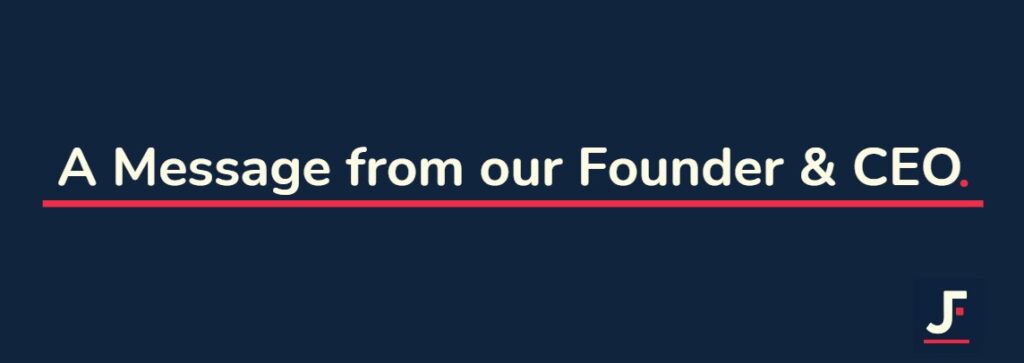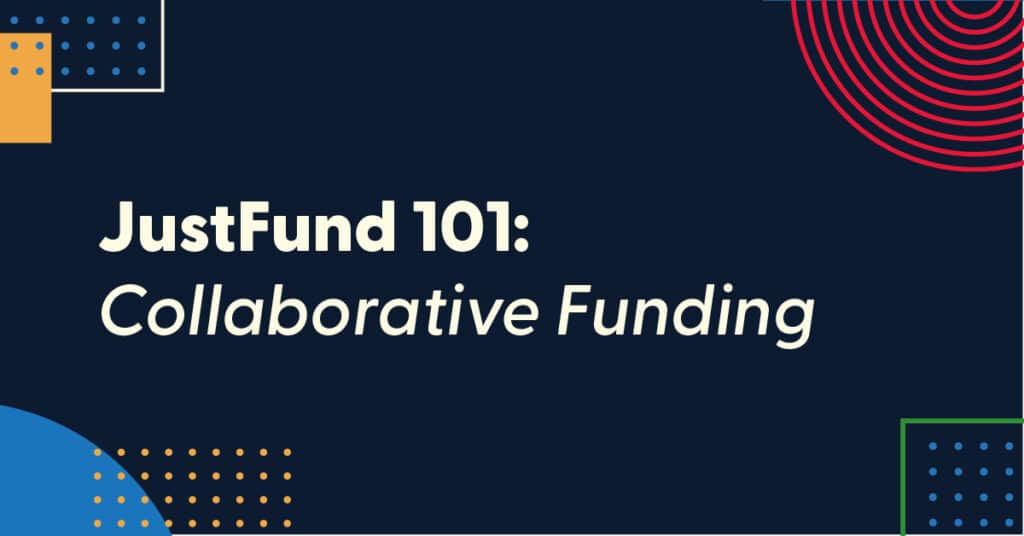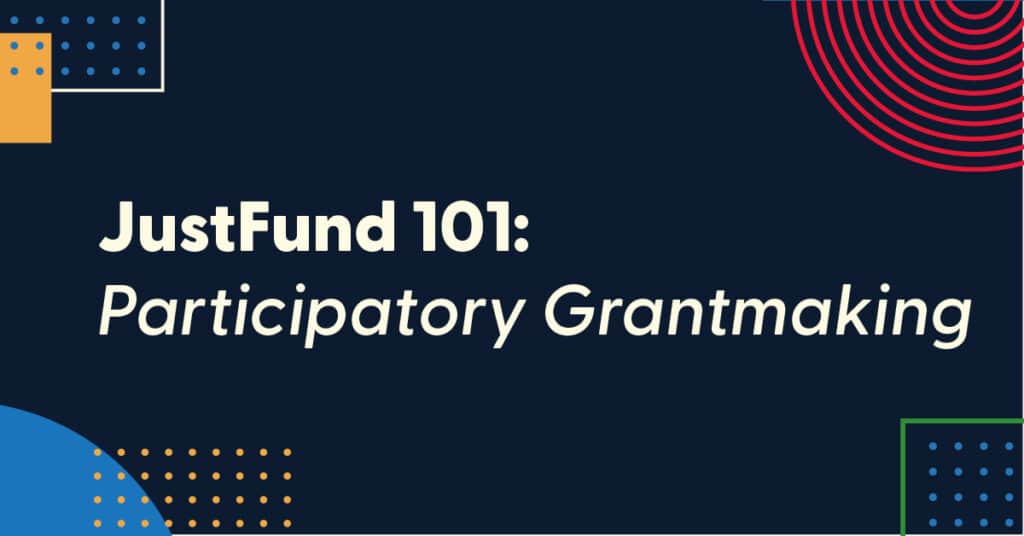Blog Post

Philanthropy: Let’s “Fail Forward” Together
Not too long ago, I chatted with a successful entrepreneur who had started four failed companies before their big break. Time after time, failure after failure, investors continued to believe in him and in his vision. Failure was not only acceptable, it was seen as a positive development — a way to find the most viable solution, learn from your failures, and try again. In corporate settings, we call this “failing forward”, or purposely failing to find success.
What if philanthropy took the same risks with their grantmaking? If funders viewed their dollars as a way to invest in bold ideas and creative solutions, we could find new ways to address systemic problems. By putting resources into the hands of capable people with innovative approaches, and giving those people the freedom to fail, learn, and grow – we could ignite a new way of funding and utilize philanthropy as a springboard for lasting change.
In 2017, JustFund was created by funders and organizers of color with a clear charge in mind: get the money to the movement. We work to get critical resources to people on the frontlines of social change and ensure those resources are easy to access and distribute. We’ve created a community of funders and organizations that champion trust-based, values-aligned philanthropy. We recognize the challenges to traditional grantmaking and have developed equitable, transparent systems to center transformation over transaction.
If you are a funder who wants to reset philanthropy and explore what it can be, consider adopting any or all of the following practices as you prepare for your next grant cycle. These are types of actions trust-based funders are taking as they work to center equity, trust, and transparency in their grantmaking.
- Make new connections and expand your network. Find smaller, grassroots, and frontline organizations that are values-aligned and doing work you’re inspired by and believe in. These groups need the most investment and are the hardest to find. Organizations on JustFund have applied to one of the 100+ grant cycles we manage and you can view their common proposal, reach out to other funders, or connect directly with the organization. As you search the JustFund portal for new organizations to connect with, you will see the funding decisions of dozens of other funders: foundations, collaborative funds, pooled funds, and individual donors. In traditional models of philanthropy, access to funding often revolves around who you know or who you are connected to. At JustFund we’ve created a more equitable way of grantmaking that fosters transparency, saves time, and expands access to resources for historically underfunded groups. Create some more room at your table by expanding your existing network. Connect with someone who has aligned interests and make a new connection!
- Reduce the burden on applicants. What do you really need to make a funding decision? When it comes down to it, the legal requirements include an organization’s name, address, and EIN. While your board has set additional criteria for grant making, some funders are setting up funds at an intermediary to move discretionary funds quickly, or set up “rapid response” funds in-house that have less requirements. Measurable outcomes are important, but so are the people behind the numbers. Solutions that feel different, risky, creative, or unconventional may be the most effective and need bold funders ready to provide critical resources to create change. At JustFund, our common proposal provides all funders with basic information about the organization, their work, who else is already funding the organization, and how to move resources. We invite you to explore creative solutions that reduce the burden on grantees and help you get funding to people who need it, in a streamlined way.
- Take more risks – together. Funding new organizations can feel risky. But, when you’re funding in community and can rely on vetting from people you trust, your risk is greatly mitigated. You can have increased confidence to fund organizations that are new to your network and take more chances on historically neglected and chronically underfunded groups and communities. If the solutions were simple, someone else would have already solved them. Let’s take more risks, together.
We invite you to come learn more about JustFund. Uncomplicate your RFP and let us manage your grant cycles – or join our values-aligned community to find new groups to add to your network: justfund.us



